In the founding of Doulaing the Doula, you mentioned the word “decolonizing”. what does that mean to you?
Decolonizing means doing things in an entirely different way from the very first moment an idea is conceived.
Decolonizing means listening to the body. It means believing in the body’s wisdom.
Decolonizing means listening and following through when colonized people tell you what’s wrong.
Decolonizing the body means to me that you drop any limitations on the way a body has to be for it to be acceptable. Rather than centering the typically privileged body and brain in our organization and then making exceptions for anyone who doesn’t have one, we designed for diversity and differences. Our design team represents neurodivergent, neurotypical and autistic people; those who are physically disabled; people representing different gender expressions and family types; people of differing races, ethnicities and education levels; and people representing different religions and styles of worship. Our commonality is our commitment to be a great doula.
We believe everyone deserves human rights. In order to achieve that for birthing people and mothers we have to train all future birth workers with those ideas from the very beginning. Almost every future midwife (and labor and delivery nurses who have access) takes a doula training. If you look at it that way, doula trainers are shaping the birth work force of tomorrow. That’s a huge opportunity as well as a responsibility. We take that very seriously in our Mentoring Program for Birth Doula Trainers.
We believe in broad based coalitions of peoples who are oppressed and united for one cause. In this case our cause is the transformation of the perinatal care system through effective labor support by and for historically oppressed communities. Anyone who is marginalized in our current health care system is oppressed.
Decolonizing the body means preserving it, caring for it, reveling in it’s capacity for pleasure as well as problem solving. Pleasure is often painted as hedonism in western cultures. Oddly, oxytocin is the hormone of pleasure and we need it on a daily basis to preserve mental health. People often pet animals, laugh, and spend time with the ones they care about, which all induce oxytocin. It’s revolutionary not just to care for the body but to prioritize caring for it.
“Caring for myself is not self indulgence. It is self preservation, and that is an act of political warfare.”
– Audre Lorde
When you live in a body the majority culture would rather not see or doesn’t want to exist or would not want their children to have, it changes your perspective. Fighting for human rights isn’t symbolic. It’s not optional to be political. It’s saying, “I have a right to be here with my diversity because I’m a human.” I wanted an organization where you could rest and not fight. Where the focus is on learning and what you can do to take care of others, not on legitimizing your right to be here or access this kind of career training.
Decolonizing means making room for the full expression of all emotions in meetings and group processes. Emotions are connected to our neural sensory networks and our memories. Healing trauma requires another person’s presence. The direct witnessing of pain, along with understanding its historical context, is what’s healing.
I believe that when there’s a trespass by one of an organization’s members you have to address its impact. It also means as a leader you have to model that capacity and you have to give your team members resources for building that capacity as well. That’s part of our commitment to being trauma informed as well as anti racist and decolonizing.
Dr Amy adds a final word: “When you’re a visionary type of leader people think you know what you’re doing. I know what needs to exist and I know I can build it. But it takes lots of people to enact that vision, to commit to it and to create it in their own lives. Those of you reading this are the ones that will live this path. I’m just a builder. I built curriculums, I built a business. I wanted to build doorways where there used to be walls, to create opportunities.”






